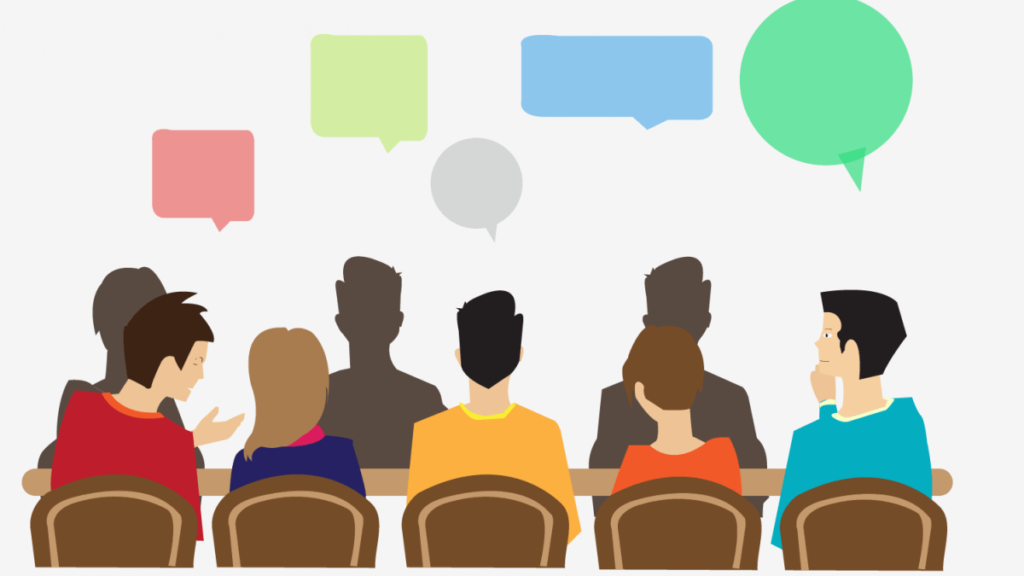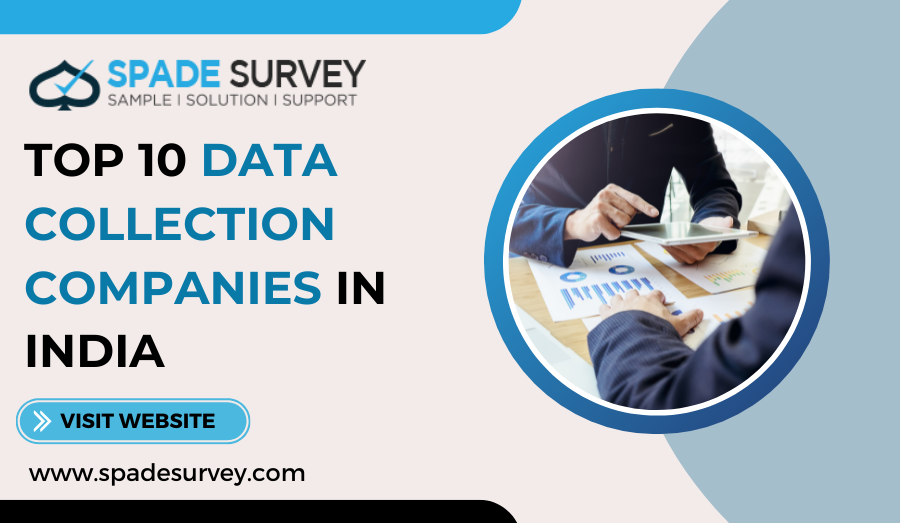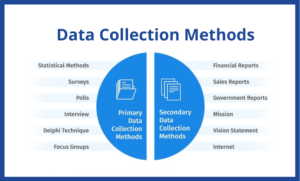What Are Focus Groups?
Focus groups in market research are controlled interviews with such a target audience that are conducted by moderators. A focus group’s participants are selected based on a set of predetermined criteria, such as age, economic status, gender, as well as other factors.
How Focus Groups Work:
Buyers’ feelings, perceptions, and thoughts about a product, service, or solution are extracted via focus groups. The first step in operating a large focus group is to clearly define the group’s purpose. You first must decide what you want the debate to achieve as well as which demographic would best help you in achieving success. It’s much easier to find participants who really are qualified to engage in the focus group whenever the goal is clearly defined.
Focus group discussions must take place in a pleasant and non-threatening environment. Like individual interviews, focus groups allow participants to interact and influence each other during the discussion and consideration of ideas.
The interviewing route, also known as the interview guide or protocol, is a predetermined line of questioning used in focus groups that follows a logical sequence designed to simulate a natural exchange. A focus group’s objective was not to form a compromise, some level of agreement, or to determine what to do about something.

WHEN SHOULD YOU USE A FOCUS GROUP?
- When you’re considering introducing a new product or service.
- When you’re about to ask or answer questions that are hard to answer or answer on a written survey.
- When you wish to add to the data you get from written surveys.
- When you know someone is a skilled and experienced group leader, or when you can discover someone who is.
- When you have the opportunity, knowledge, and resources to identify a group of potential partners for just a focus group.
Advantages of a Focus Group:
A focus group is a group of 10 or even fewer volunteers who meet and discuss a specific product or idea. The market research firm will ask them a series of questions or provide them with a product to try, after which they’ll be free to express their views, ideas, and reactions.
All of their reactions are evaluated in order to predict how the rest of the market will react. Focus groups are commonly used in the advertising industry to evaluate a new product’s possible impact.
1. Measure reactions instead of views.
Focus groups have the advantage of becoming face-to-face discussions. Importantly, this differs from the surveyor phone interview research in that you are obtaining not only a person’s opinions but also their reactions.
Focus groups, like polls, don’t limit your insights to what the respondent wants, thinks like, or can express in words. Focus groups can give you lots not a part or two of the puzzle, but the whole picture.
2. Easily Replicable
Focus groups aren’t a once-in-a-lifetime event. To provide a scalable type of market research, their structure, questions, and style can be replicated in multiple regions, cultures, and organizations.
Sure, your focus group will usually be a genuine “cross-section” of your target audience (as we’re seeing later). Still, because focus groups can be conducted numerous times, they could still provide insights that are representative of a larger culture.
3. Time-saving
One of the most simple (and obvious) advantages of focus group discussions is that they save time.
Rather than setting several different respondents down for individual interviews, you can facilitate a session with multiple people at the very same time. This not only enables multiple perspectives to emerge, but that also helps to cut the amount, energy, and costs associated with data collection and aggregation. Of the simplest (and most obvious) focus group advantages are that they save time.
4. Gives the opportunity to have your hands dirty… practically!
Another component of focus groups that won’t (or can’t) discover in print, phone, or online market research is the use of guided imagery or clues.
5. More in-depth responses to critical questions
Focus groups’ very direct, face-to-face ability enables you to gain a better understanding of your customers’ needs and wants – especially if that person is completing out such a form or marking a few boxes.
6. Participants which are actively engaged
Nobody likes completing surveys. They’re typically lengthy, and we tend to shut out when we’re doing them.
In a focus group, it’s difficult to switch off. Moreover, although you may just have to pay to have people fill out questionnaires or take a phone interview, focus groups are typically willing volunteers who would often choose to participate for free. Why?
Getting Started with Focus Groups
When combined with other research methods such as interviews, pulse surveys, and employee feedback, focus groups are most effective. As a result, companies can make use of both quantitative and qualitative data. Based on the type of insight you’re looking for, focus groups can be used before, during, or after most research methods to provide insights.
Our goal is to assist companies in improving employee engagement, and we’ll use our experience and knowledge to ensure that the most relevant research methodology is utilized.
Our experts are experienced researchers and business psychologists who gather, analyse, and understand qualitative and quantitative feedback data using best-practice techniques and software tools.
FAQ
Q: What are the examples of focus groups?
A: A focus group is a small group discussion conducted by a qualified moderator. It’s used to know what people think about a certain topic and then utilize that information to guide subsequent decisions. Examples: A focus group of preschooler’s parents meets to discuss child care needs.
Q: What is the objective of focus groups?
A: A Focus Group allows a researcher to collect more data in a smaller duration of time, typically two hours. They could also be used to assist a researcher in preparing for a larger-scale study. When there is little or no information about the target market, focus groups are frequently used.
Q: Are focus groups trustworthy?
Focus groups can be a useful tool for collecting trustworthy and reliable information in a process that promotes student interaction. They can be used to support curriculum improvement by providing quantitative data from students.




